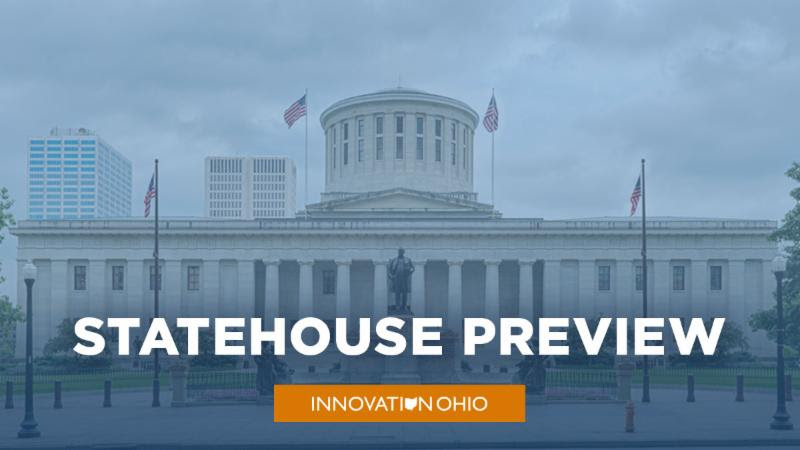Since our Monday coverage, the schedule has changed a bit and we have more clarity about what the rest of the week will look like.
The House and Senate will each hold their final session of the year on Thursday at 11 am. Expect these to go well into the afternoon or evening with all the measures likely to come up for a vote. It’s safe to assume that the bills scheduled for committee hearings and votes this week will be on the agenda.
In committee action, more gun bills are set to be heard in committees today (HB425, Duty to Notify and HB796 Duty to Retreat).
A conference committee debating a bill to combat theft in office by public officials (Senate Bill 10) may add language to the bill to strip power from the Franklin County Prosecutor to investigate wrongdoing by Statehouse officials, now that a Democrat is set to occupy that office.
A proposal (House Bill 798) to partially repeal HB6 — but keep portions bailing out coal & nuclear plants and eliminate Ohio’s renewable energy standards — will be heard today, but it seems unlikely that will make it to the floor of both chambers this week.
A Senate bill prohibiting medication abortion via telemedicine (SB260) will be on the House floor tomorrow while a House bill to make it harder to sue your employer for civil rights violations (HB352) is likely up for a Senate vote.
Bills likely up for a vote in Senate session Thursday:
- HB352 (Employment/Civil Rights Laws)
- HB425 (Duty to Notify/Concealed Handguns)
- HB621 (COVID-19 Business Openings)
- HB796 (Duty To Retreat/Stand Your Ground)
- SB10 (Theft in Office–**possible Franklin County Prosecutor amendment**)
- SB310 (State Capital Budget)
- SB360 (Firearms Dealers)
Bills likely up for a vote in House session Thursday:


